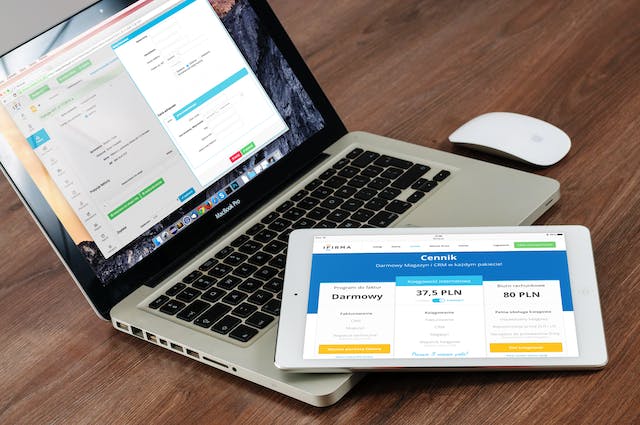The landscape of education has been revolutionized by Online Learning Platforms. These platforms serve as dynamic hubs for knowledge dissemination, catering to diverse learners worldwide, transcending geographical barriers, and offering a flexible approach to education.
| Section | Data 1 | Data 2 | Data 3 |
| Header | 12 | 23 | 34 |
| Banner | 21 | 32 | 43 |
| Footer | 23 | 43 | 45 |
| Popup | 10 | 30 | 50 |
The development of an Online Learning Platform is a multifaceted endeavor that begins with meticulous planning and understanding the needs of both educators and learners. These platforms aim to provide a seamless learning experience, incorporating various features to facilitate effective teaching and learning.
User experience (UX) design is paramount in Online Learning Platforms. The interface should be intuitive, allowing easy navigation through courses, modules, and resources. Features such as personalized user profiles, progress tracking, interactive multimedia content, quizzes, discussion forums, and assessments enhance engagement and learning outcomes.
- Header
- Banner
- Footer
- Popup
Functionality is the core of these platforms. Integration of a robust Learning Management System (LMS) that enables course creation, content management, and student interaction is fundamental. Additionally, features like live classes, video lectures, downloadable resources, and mobile compatibility contribute to a comprehensive learning experience.
Personalization and adaptability are key elements. Implementing adaptive learning technologies that cater to individual learning styles and preferences helps tailor the learning journey for each student. Providing a range of courses across various disciplines and skill levels allows learners to pursue their interests and career goals.
Security and privacy are crucial considerations in Online Learning Platforms. Implementing secure login systems, data encryption, and compliance with data protection regulations ensure the safety of user information and course content.
Collaboration between educators, content creators, designers, and developers is integral during the development phase. Rigorous testing ensures the platform’s functionality, responsiveness, and usability across different devices and internet connections.
Post-launch, continuous updates, and improvements are vital to keep the platform relevant and effective. Analyzing user feedback, monitoring course performance, and integrating emerging technologies contribute to the platform’s evolution and enhancement.
In conclusion, Online Learning Platforms have transformed the educational landscape, offering accessible, interactive, and personalized learning experiences. By leveraging technology to deliver quality education, these platforms empower learners to acquire knowledge and skills at their own pace, fostering a lifelong learning culture globally.




